California's Coconut Palm
One of the only known surviving coconut palm trees in the entire state.
Despite California’s association with palm-lined beaches, almost none of those palms are the type that produces coconuts. Well, okay, maybe one or two.
The official USDA hardiness zone of the Coconut is 10a (meaning it can handle temps of 30-ish Fahrenheit VERY briefly, and can also be seen in very small microclimates in 9b parts of Texas and Florida) but that is only with hot humid summers. In California, the places that have proper moisture and suitable winter temperatures (10a or higher) do not have high enough summer temps. If summer temperatures do not reliably reach 80 F or higher, then a Coconut Palm will only live for a few years before it is irreversibly weakened by not having the proper level of sugars built up in its roots, which become malformed and underdeveloped by the lack of ground heat.
Going on a quick tangent, the zone at which coconut palms will reliably grow in arid places, areas with maritime summers, or both, is zone 11b. To prove this point, a patch of them was planted some years ago in a drip-irrigated experimental garden in Israel’s Kibbutz Ketura (very dry, hot, and roughly zone 10b) and they all were gone after about a decade of too many desiccating winds and nighttime chills, they would have indeed had a better chance surviving a frost in south Texas. That just goes to show that a simple zone designation on the tag of the plant you have can be misleading to say the least.
Back on the subject of California, the places where summer temperatures are suitable, it is often too dry all year and too cold in winter for the tree to survive. That being said, there is a tiny microclimate area in Newport Beach (zone 10b) in Orange County where conditions are just barely sufficient, and the palm, which was planted in 1984, exists in a dwarfed form.
This might be the northernmost of its kind in the world, but there quite possibly may be a single specimen at the Palermo botanic gardens in Sicily, which is farther north, that is talked about on the web but does not seem to exist in photos, and may not exist at all.
This “coconut-problem” is known to be a much talked about topic on California gardening forums and the bane of gardeners there, making this anomalous lone palm is a sort of pilgrimage site for gardening enthusiasts.
Update October 2016: Sadly, this coconut palm appears to be gone now.
Update: There is a quite healthy coconut palm in a outdoor courtyard in La Quinta, California (Coachella Valley). It is tall enough to be visible from the street. The owners brought the coconut back from Hawaii years ago.
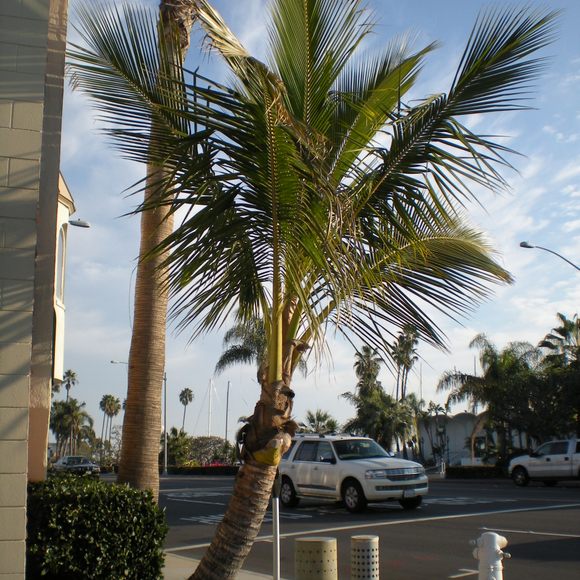

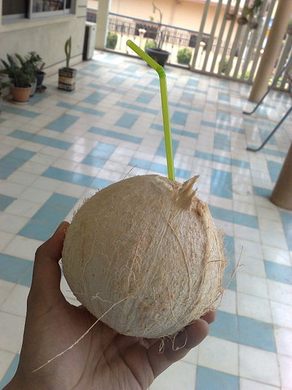

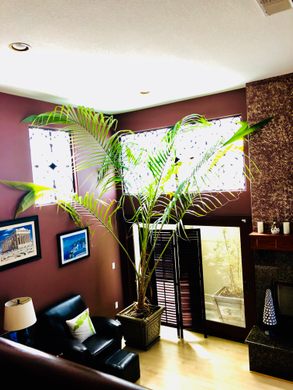
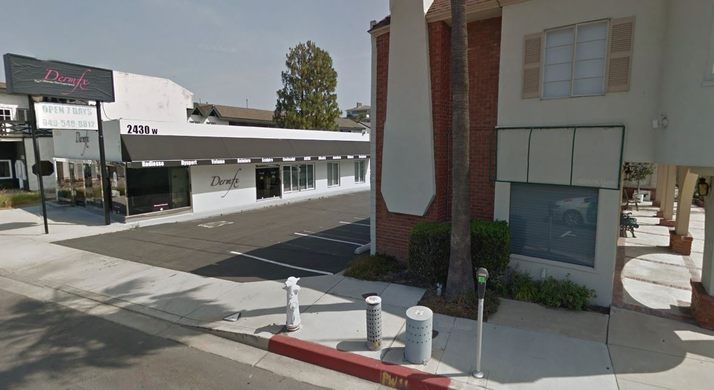








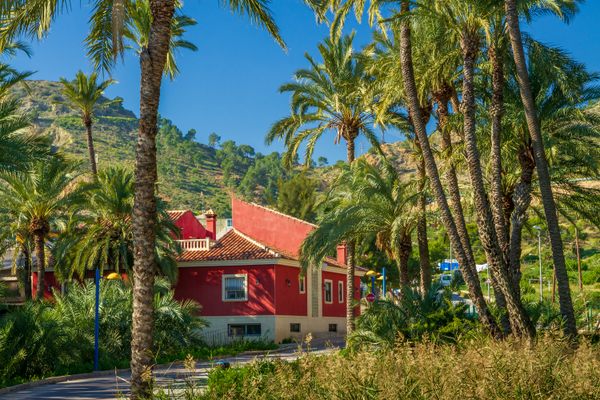
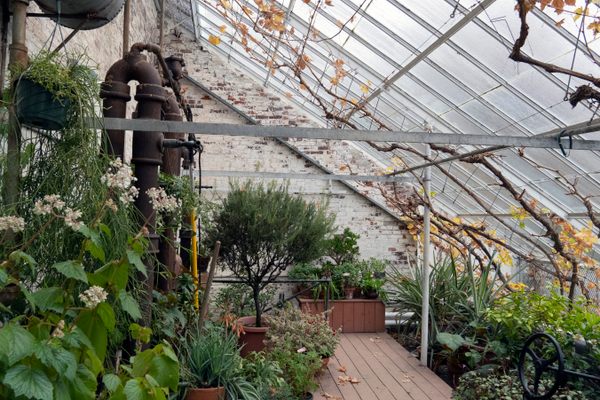



Follow us on Twitter to get the latest on the world's hidden wonders.
Like us on Facebook to get the latest on the world's hidden wonders.
Follow us on Twitter Like us on Facebook